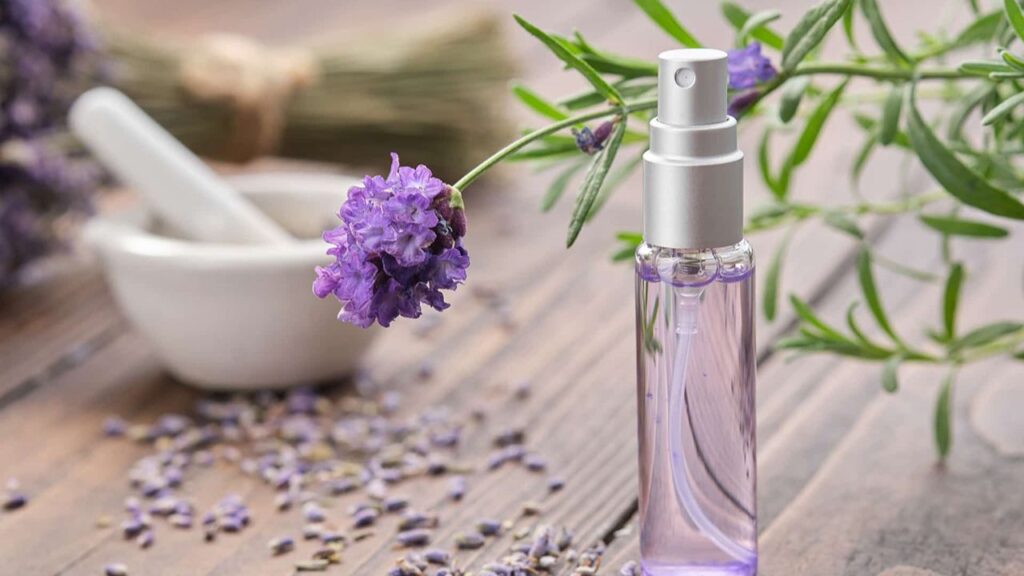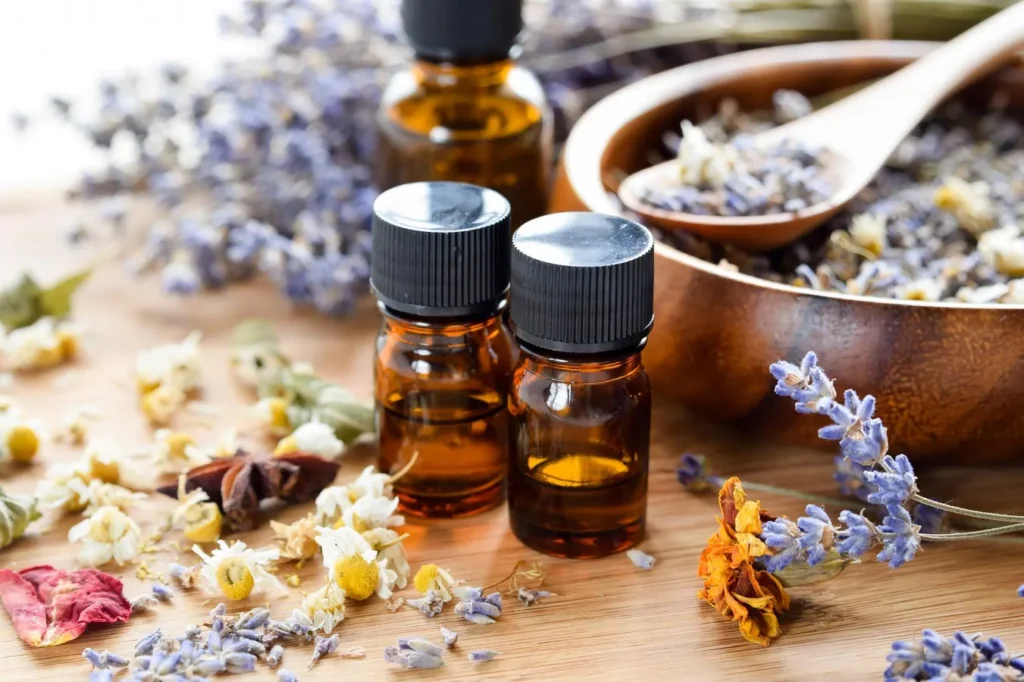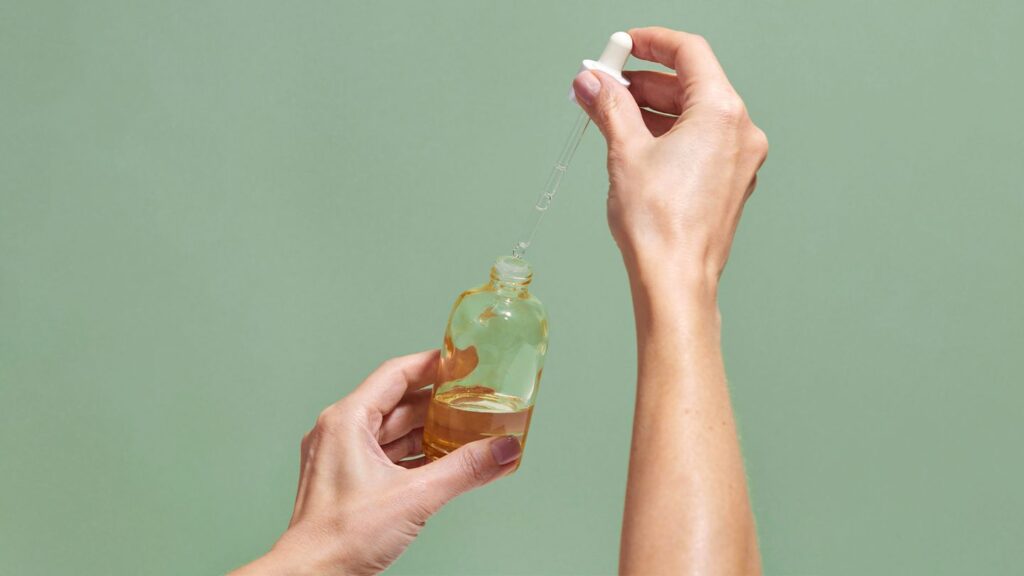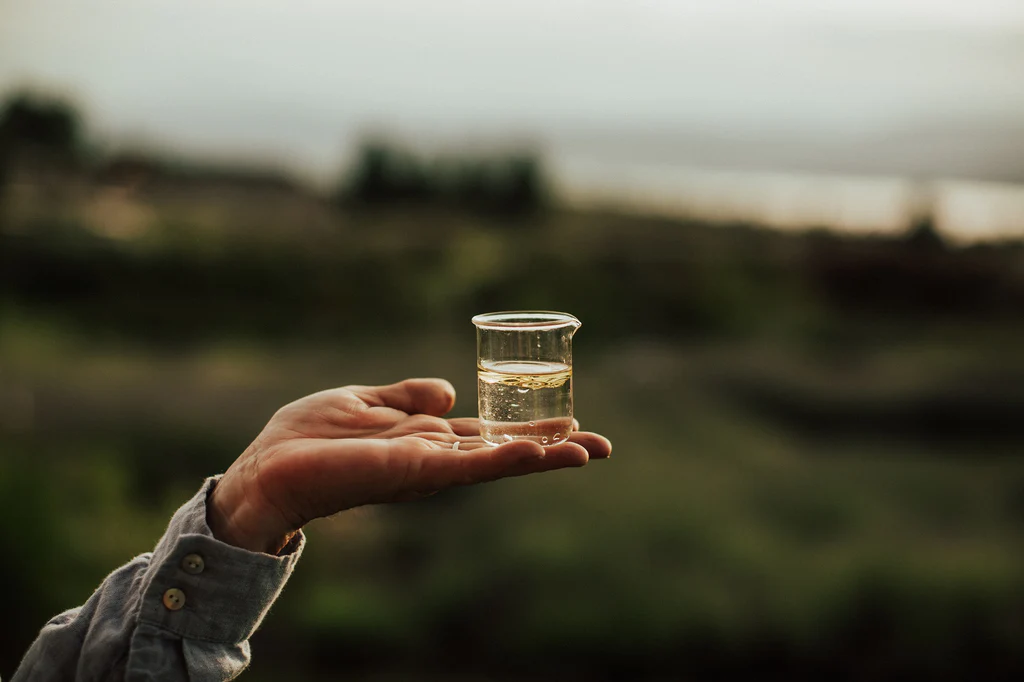In the world of natural wellness and holistic healing, two plant-based remedies stand out for their therapeutic benefits — hydrosols and essential oils. Both are derived from plants and have a wide range of uses, from skincare to aromatherapy to household cleaning. However, they are often misunderstood or used interchangeably, which can lead to confusion. This blog post will explore their key differences, uses, benefits, and ultimately help you decide which one is better for your medicinal needs.
Understanding the Basics: What Is Hydrosol and Essential Oil?

Table of Contents
Hydrosol, also referred to as floral water or medicinal water, is the aromatic water that remains after the steam distillation of plant material during essential oil production. Unlike essential oils, which are highly concentrated and oily, hydrosols are water-based and contain the water-soluble components of the plant along with a very small amount of essential oil. They carry the same aroma as the plant but are much gentler, making them ideal for use on sensitive skin or around children and pets.
Essential oils, on the other hand, are the concentrated volatile compounds extracted from plants. They are highly aromatic and potent, requiring careful handling and proper dilution before being applied to the skin. These oils are powerful and are commonly used in aromatherapy, massage therapy, and natural remedies for various ailments ranging from stress to inflammation.
The Key Differences Between Hydrosols and Essential Oils
One of the main differences lies in concentration. Essential oils are extremely concentrated and should never be used undiluted on the skin. They often require a carrier oil like jojoba, almond, or coconut oil to ensure safe application. Hydrosols, by contrast, are much more diluted and can be applied directly to the skin without any carrier. This makes hydrosols particularly suitable for people with sensitive skin, children, or those looking for mild daily therapeutic support.
In terms of aroma, essential oils have a stronger scent because they contain the full spectrum of volatile compounds in high concentration. Hydrosols have a more subtle and delicate fragrance, often described as a softer version of the essential oil. This can be beneficial for individuals who are sensitive to strong smells or who want a mild, refreshing mist.
From a usage perspective, hydrosols are ideal for everyday applications such as facial toners, room sprays, or wound cleansers. Essential oils are best used for more targeted treatments, such as muscle pain relief, respiratory issues, or emotional support through inhalation.
Is Hydrosol Better Than Essential Oil for Medicinal Use?

The answer depends on the intended use. If you’re looking for a gentle, safe, and versatile product to use daily — particularly for skincare, baby care, or light wellness routines — hydrosols are the better choice. They provide the medicinal benefits of the plant in a milder, more hydrating form, and can be applied directly to the skin without concern for irritation.
However, if your goal is to address specific health issues with more powerful plant-based compounds, then essential oils may be the more effective option. For instance, eucalyptus essential oil is well known for its strong decongestant properties, making it ideal for steam inhalation during colds or sinus infections. Similarly, lavender essential oil can have a more pronounced effect on anxiety or sleep issues when used in a diffuser or massage blend.
In summary, hydrosol is better for sensitive, frequent, or surface-level applications, while essential oils excel in deeper therapeutic uses when handled properly.
What Are the Benefits of Hydrosol Water?
Hydrosols offer a wide range of benefits, making them a valuable addition to any natural wellness routine. Because they are derived during the same distillation process as essential oils, they still carry the healing properties of the plant, albeit in a gentler form.
Some of the main benefits include:
- Soothing irritated skin: Hydrosols like chamomile or calendula are excellent for calming redness, inflammation, and rashes.
- Hydration and pH balance: Used as a toner, rose or lavender hydrosol can restore the skin’s natural balance while hydrating the surface layers.
- Natural cleansing: Hydrosols can be used to clean minor cuts or burns, especially for children or sensitive individuals who cannot tolerate alcohol-based antiseptics.
- Safe for all ages: Unlike essential oils, which are contraindicated for infants or during pregnancy, hydrosols are generally safe for all life stages, including babies, elderly people, and pets.
- Versatility in application: They can be used in room sprays, body mists, linen sprays, and even in culinary recipes, depending on the type.
Because hydrosols are water-based, they also mix well with other skincare and cosmetic products without the need for emulsifiers or special dilution techniques.
Why Distilled Water Matters in Aromatherapy
A commonly asked question among natural remedy enthusiasts is: “Is tap water better than distilled water for essential oils?” The short and simple answer is no.
When mixing essential oils for sprays, skin applications, or diffuser blends, it’s essential to use distilled water instead of tap water. Tap water contains impurities like minerals, chlorine, and microorganisms that can affect the stability and safety of the final product. These elements may interact with the essential oils, causing them to degrade faster or even support the growth of mold and bacteria in homemade remedies.
Distilled water, by contrast, is purified through vaporization and condensation, leaving behind any impurities. This ensures your blend is clean, stable, and safe for skin contact. Whether you’re making a lavender room spray or a peppermint foot mist, always opt for distilled water as your base.
How to Choose Between Hydrosol and Essential Oil
Choosing between hydrosol and essential oil should be based on your needs, skin sensitivity, and lifestyle. If you want a soothing spray for your face after a long day, rose hydrosol is a great choice. For a calming bedtime routine, lavender essential oil in a diffuser might be more effective.
Here are a few scenarios to help guide your choice:
- Sensitive or acne-prone skin? Go for tea tree or rose hydrosol. These provide antibacterial benefits without harsh side effects.
- Need relief from muscle pain? Use diluted peppermint or eucalyptus essential oil in a massage oil blend.
- Looking for a natural perfume? Jasmine or neroli hydrosol offers a gentle fragrance suitable for daytime wear.
- Trying to improve focus or uplift your mood? Try diffusing citrus essential oils like orange or lemon for an instant mood boost.
Each product has its place — and many natural practitioners recommend using both hydrosols and essential oils in a complementary way.
Safety and Storage Tips

When it comes to storing hydrosols and essential oils, proper handling is key to maintaining their potency and safety. Hydrosols are more delicate and have a shorter shelf life of 6 to 12 months. They should be stored in a cool, dark place or refrigerated to prevent microbial growth.
Essential oils have a longer shelf life — around 2 to 3 years for most oils — but they are sensitive to light, heat, and air. Store them in amber glass bottles and keep the caps tightly sealed.
Always do a patch test before applying either product to your skin, especially if you have allergies or skin sensitivities. Avoid using essential oils undiluted, and consult a qualified aromatherapist or medical professional if using them during pregnancy or for chronic conditions.
Final Thoughts: Which One Is Better Overall?
When comparing medicinal water hydrosol vs essential oil, it’s clear that both offer unique and valuable benefits. If you need something gentle, safe, and easy to use, hydrosol is often the better option — especially for children, pets, or those with sensitive skin. On the other hand, essential oils provide powerful, targeted relief for more intense therapeutic needs when used responsibly.
Instead of choosing one over the other, consider integrating both into your wellness routine. Use hydrosol for everyday freshness, hydration, and first aid, and reserve essential oils for deeper healing and aromatic therapy.
Frequently Asked Questions (FAQs)
Is hydrosol better than essential oil?
Hydrosol is better for those seeking gentle, skin-friendly options for daily use. Essential oils are more potent but require dilution and caution.
Is tap water better than distilled water for essential oils?
No. Distilled water is better because it is free from contaminants that can affect the safety and shelf life of your blend.
What are the benefits of hydrosol water?
Hydrosol water hydrates the skin, reduces inflammation, balances pH, and is safe for use on children, pets, and sensitive skin.
Can I use essential oils directly on skin?
Not recommended. Essential oils should always be diluted with a carrier oil to prevent skin irritation or allergic reactions.
How should I store hydrosols and essential oils?
Hydrosols should be refrigerated and used within a year. Essential oils should be kept in amber glass bottles, stored in a cool, dark place.
If you found this article helpful, explore more plant-based wellness guides at Medsniff.com and discover the healing power of nature — the safe and effective way.



